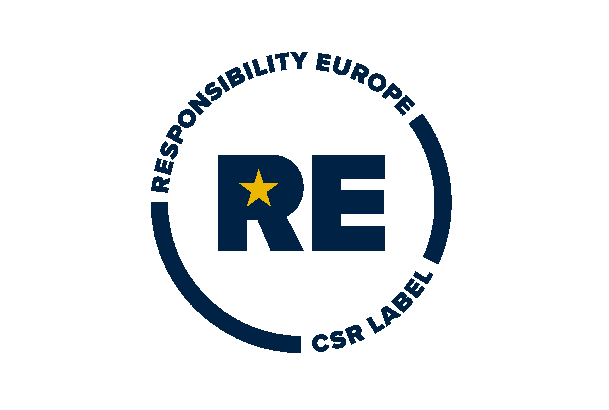Soft skills vs hard skills: what’s the difference?
Soft skills, or behavioural competencies, are increasingly valued by companies. This is reflected in current job offers! Team spirit, good interpersonal skills, taking initiative, adaptability... these are all soft skills that recruiters are looking for.
Today, the famous “five-legged sheep” is no longer necessarily a candidate with a rare degree from a prestigious school, 10 years’ experience in a specialised field and fluency in four languages. Nowadays, the ideal candidate should mainly display personality, be some one who corresponds to both the needs of the position and the culture of the organisation or team.
There is little difference between one man and another, but this difference is everything.
William James, American psychologist and philosopher
Soft skills at the heart of recruitment
Let’s take the example of a “classic” recruitment process. Once the job offer has been published, the applications start to pour in and a first selection is made. The recruiter then retains the profiles that meet the priority requirements of the position (experience, training and technical skills). While hard skills can be assessed fairly easily by means of tests and simulations, soft skills require a more in-depth analysis. It is on this point that people with comparable profiles can be separated.
After this pre-selection phase, the next step is to meet the candidates. The aim is to get to know each applicant better, by analysing their motivations, their personality and also their behaviour. “Will this candidate be able to integrate into the team? Will they be able to take things in hand? Will they be persistent?” These questions can only be answered thanks to an interview focusing on the person’s behavioural skills.
According to a study carried out by RegionsJob[1] in 2013, the behavioural skills of candidates are the second most important criterion of choice for 23% of recruiters, behind experience, which is the primary factor for 66% of them. Behavioural skills are therefore really important!
It all comes down to the interview!
Given equal technical skills, it is important to make the difference in terms of behavioural skills. Concrete examples are therefore essential! Indeed, for each skill analysed, the recruiter will expect proof: provide facts, talk about situations you have experienced during your previous employment in order to support your statements.
Soft skills are less quantifiable, more abstract than technical skills, which is why it is important to take relational aspects into account: during recruitment, a certain amount of subjectivity comes into play. Indeed, if several candidates have objectively similar profiles, the recruiter’s impressions will tip the balance in one direction or the other. It is up to you to show your best side! And beware, a lack of sincerity will certainly be detected and will work against you…
Be prepared
Highlighting your behavioural skills will require a little preparation:
- Identify your soft skills: this is the first essential step. Ask yourself “What are my strengths, my added value?” and ask your professional or even personal entourage this question. Your soft skills are, in fact, skills that are close to your personality traits and are applicable in different contexts, both professional and Those close to you can help you identify them!
- Prioritise your soft skills: not all behavioural skills are essential for all jobs. It is a matter of selecting those that are essential for the job you are interested in. So focus on these priority soft skills, and develop them if necessary. Your other soft skills will not overlooked, however, and will be useful in certain circumstances. These are the ones that can help you make the difference!
- Prepare your examples: the recruiter will expect illustrations. For each of your soft skills, make sure you have several examples to give. Are you able to adapt easily? Prove it! Describe the various projects you have managed, explain how you have integrated into multicultural teams, show that you have been able to adapt to the different companies in which you have worked, etc. Be precise, concrete and synthetic. The interview should not last 4 hours!
Your soft skills are mainly derived from your personality, and are therefore often linked to each other. Thus, by developing one of them, you are likely to see others improve as well. Their development can even have a positive impact on your hard skills! Let’s imagine a salesperson: his or her sales know-how must be coupled with a sense of human contact. By working on his/her interpersonal skills, (s)he will fin dit easier to improve his/her technical skills.
So don’t wait any longer, make the difference with your soft skills!
Expert in Human Capital Management @ MindForest
Aliénor Bianchi
[1] http://www.blogdumoderateur.com/enquete-comment-recrute-t-on-en-2013/
WANT TO RECEIVE OUR LATEST THOUGHT LEADERSHIP CONTENT?









